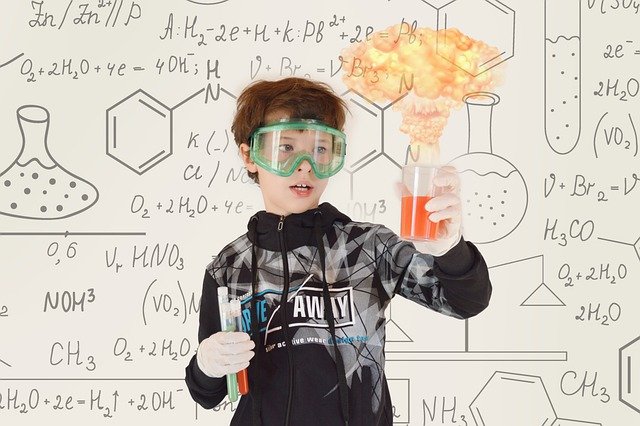Simulation is a unique process that can happen in chemistry. A simulation in chemistry is basically just a representation of chosen behavioral characteristics that rely on one abstract or physical system by another system. There have to be two parts that come together to make all of this work and sometimes two processes will not be able to interchange in this manner. However, when they do, it may provide different materials or reactions than we may expect in the process.

We can see this in a lot of different ways that we can utilize simulation in our daily lives. For example, we can look at this by seeing how all of the representation of physical phenomena happen with different chemical reactions by using operations that a computer system will present to us.
If you are working with chemistry, you may run across a time when you want to use a chemical simulator to help you with this process and with some of the others you would like to do. For example, users can simulate and model chemical reactions when they utilize the chemical simulator. There are several options you can do to watch the chemical reactions and you may focus on:
- Thermodynamics
- Kinetics
- Equilibrium
- Acid-base titrations.
These are often attached with some virtual lab exercises to make sure that you can pick the chemicals that you would like to work with and see which reactions happen along the way. You need to form a good hypothesis ahead of time to learn more about how the chemicals will work and focus on learning how these reactions come together in the simulation. You may find that having a good understanding of chemical reactions and how one chemical is able to react with another can make this process of chemical simulation that much easier to work with.